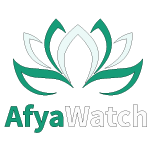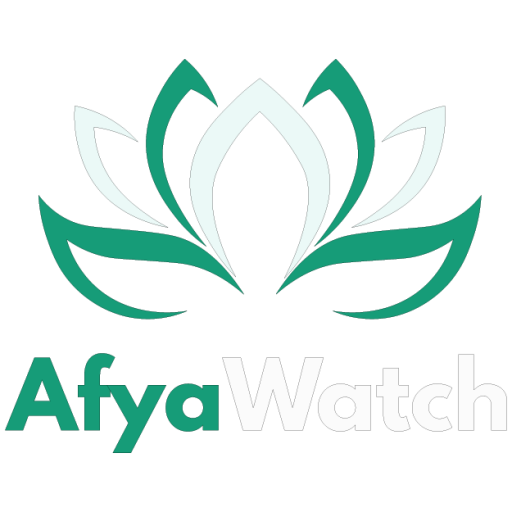The rollout of the Covid-19 vaccine is underway in African countries. In the West, there is a storm over available stocks. The scrumble for available Covid-19 vaccines by the worlds financially able countries is gaining momentum.
That puts Africa in a precarious position.
It is widely accepted that mass vaccination is the only way for countries to restart economic and social life in the wake of the medical and financial devastation caused by the Covid-19 pandemic.
Signs of a fight to jump the queue by countries with vaccine factories on their soil include the probe announced on January 21, 2021, by EU regulators into the Astra Zeneca vaccine factory in Seneffe, outside Brussels.
This followed a declaration by the EU and Belgian authorities that local vaccine needs must be prioritized in the factory’s production.
Going forward, more disputes could be expected as wealthy nations that have vaccine manufacturers on their soil scramble to secure those stocks through executive orders stopping their export. Italy’s block on vaccine exports to Australia is a case in point.
Coming close on the heels of the export controls imposed by the EU on vaccine stocks produced in the bloc, the move is likely to worsen the situation for non-EU countries trying to purchase precious product from manufactures in the region.
African nations importing vaccines under the Covax vaccine initiative are however spared from the EU restrictions.
Covid-19 Vaccine is a human rights concern.
World Health Organization director-general Dr Tedros Adhanom Ghebreyesus has warned about the growing tide of vaccine nationalism, saying it has the potential to lengthen and toughen the world’s efforts to provide timely and affordable universal access to vaccines.
“Vaccine nationalism is not just morally indefensible. It is epidemiologically self-defeating and clinically counterproductive,” he said in a February 2, 2021 interview with the Foreign Policy magazine.
“At present, rich countries with just 16 per cent of the world’s population have bought up 60 per cent of the world’s vaccine supply. Many of these countries aim to vaccinate 70 per cent of their adult population by midyear in pursuit of herd immunity,” said Dr Tedros.
In an effort to secure vaccine stocks for vulnerable countries, the WHO, the Global Alliance for Vaccines (Gavi) and Covid-19 vaccine suppliers enlisted in the Covax programme started vaccine deliveries in February, and most countries in Africa have signed up.
Launched in April 2020 by the World Health Organization (WHO), the European Commission and France in response to the Covid-19 pandemic, COVAX is one of three pillars of the Access to COVID-19 Tools (ACT) Accelerator.
According to Gavi CEO Dr Seth Berkley, the initiative “brings together governments, global health organisations, manufacturers, scientists, private sector, civil society and philanthropy, with the aim of providing innovative and equitable access to COVID-19 diagnostics, treatments and vaccines”.
The programme intends to distribute an initial 500,000 doses of the Oxford-AstraZeneca vaccine worldwide, in a program that will oversee the delivery of 2 billion vaccine doses to selected countries by December 31, 2021.
Out of the grand total, the WHO says 600 million doses of the Covid-19 vaccine have been allocated to Africa. They will be sufficient to vaccinate at least 20 per cent of the population.
Dr Tedros has lamented on the struggles of the Covax vaccine effort to get funding that would allow poorer countries to access the vaccines.
“But COVAX, which is the international mechanism created by the World Health Organization together with the Coalition for Epidemic Preparedness Innovations and Gavi, the vaccine alliance, to ensure that vaccines reach all people everywhere, is struggling to purchase enough doses to cover just 20 per cent of the population of lower-income countries by the end of 2021,” said the WHO boss.
According to Dr Tedros, the trend of rich nations fighting to secure their own populations at the expense of poor nations will only serve to provide the virus a good opportunity to mutate and develop resistance to vaccines.
“Allowing the majority of the world’s population to go unvaccinated will not only perpetuate needless illness and deaths and the pain of ongoing lockdowns but also spawn new virus mutations as COVID-19 continues to spread among unprotected populations,” he said.
He warned about the threat of Covid-19’s uncontrolled spread caused in part by lack of access to vaccines.
“Unchecked spread can result in the emergence of more contagious variants, leading to a steep rise in cases. It is a vicious cycle. Faster spread means more people are being infected and more people are dying as health care systems become overwhelmed,” said Dr Tedros.
Commenting on the lack of economic wisdom behind the trend, Dr Tedros quoted study findings by the International Chamber of Commerce indicating that fully vaccinating the population of rich countries while neglecting poor ones could lead to rich countries losing as much as USD4.5 trillion.













1 comment